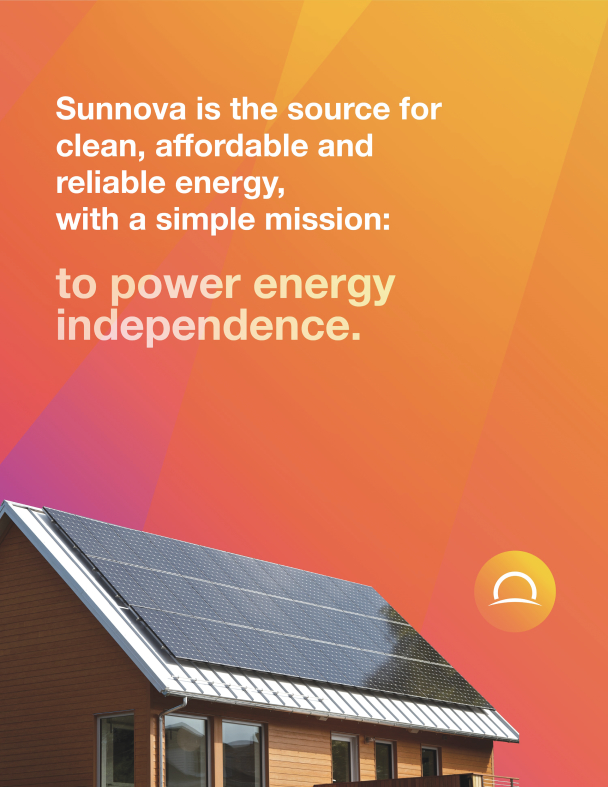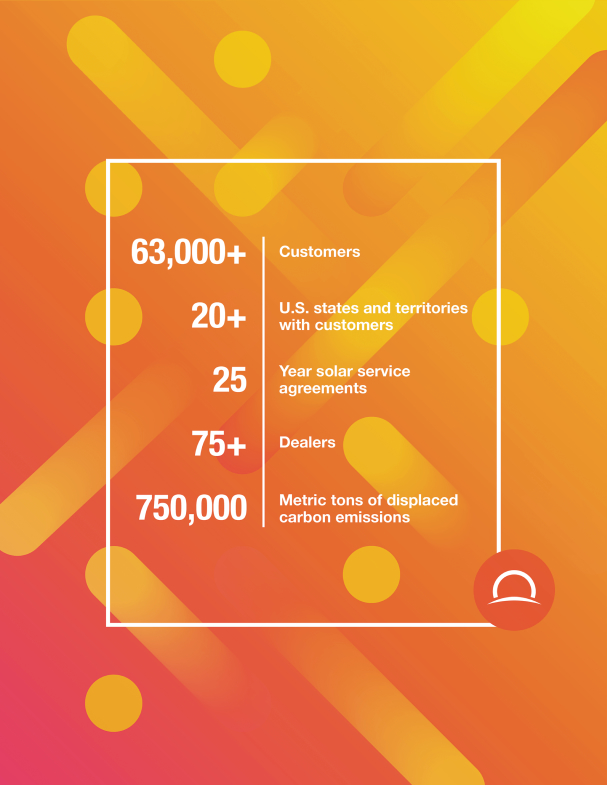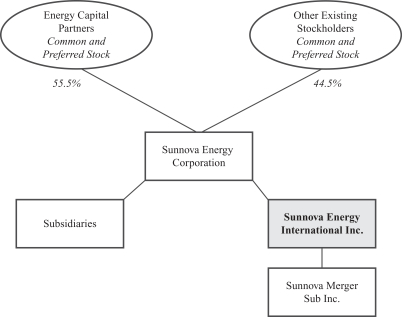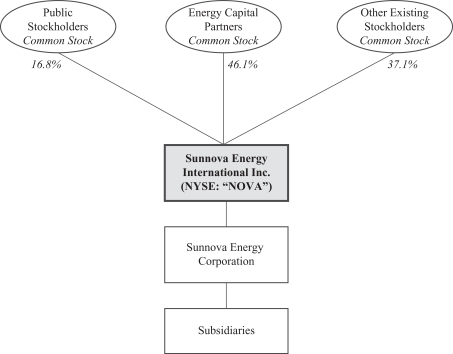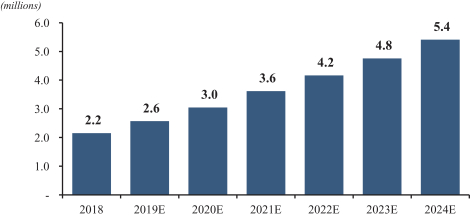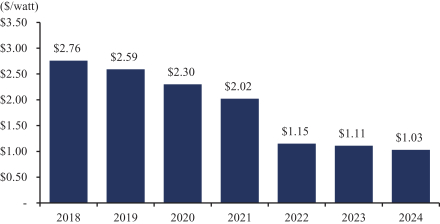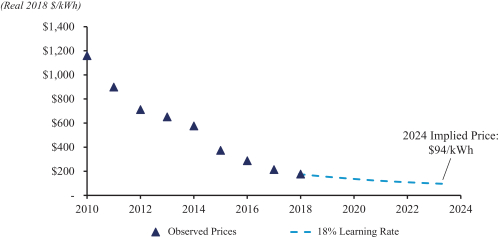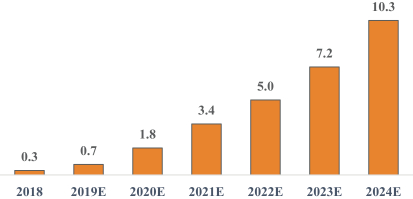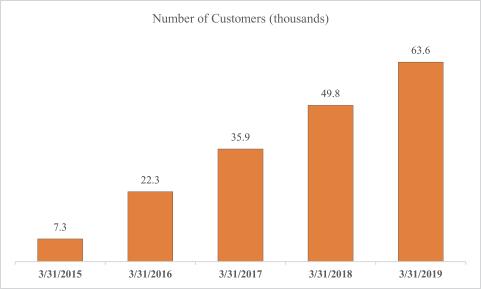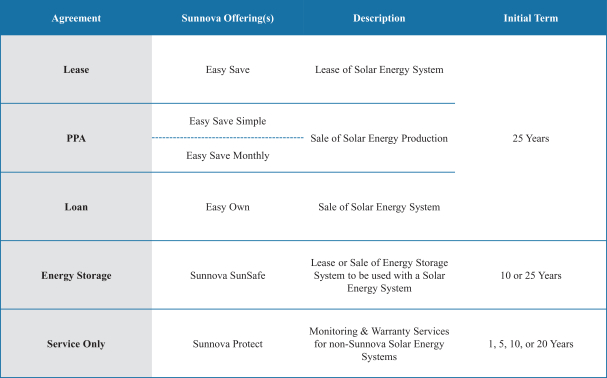We and our dealers are subject to risks associated with installation and other contingencies.
Our dealers design and install solar energy systems and energy storage systems on our behalf. Because the solar service agreement is entered into between us and the customer, we may be liable to our customers for any damage our dealers cause to our customers’ homes, belongings or property during the installation of our solar energy systems and energy storage systems or otherwise.
For example, dealers may penetrate our customers’ roofs during the installation process, and we may incur liability for the failure to adequately weatherproof such penetrations following the completion of installation of solar energy systems. In addition, because our solar energy systems and energy storage systems are high-voltage energy systems, we may incur liability for a dealer’s failure to comply with electrical standards and manufacturer recommendations. Furthermore, prior to obtaining permission to operate our solar energy systems and energy storage systems, the systems must pass various inspections. Any delay in passing, or inability to pass, such inspections, would adversely affect our results of operations. Because our profit on a particular solar service agreement and related solar energy system and energy storage system, if applicable, is based in part on assumptions as to the ongoing cost of the related solar energy system and energy storage system, if applicable, cost overruns, delays or other execution issues may cause us to not achieve our expected results or cover our costs for that solar service agreement and related solar energy system and energy storage systems, if applicable.
Product liability claims against us or accidents could result in adverse publicity and potentially significant monetary damages.
It is possible that our solar energy systems or energy storage systems could injure our customers or other third parties, or that our systems could cause property damage as a result of product malfunctions, defects, improper installation, fire or other causes. Any product liability claim we face could be expensive to defend and may divert management’s attention. The successful assertion of product liability claims against us could result in potentially significant monetary damages, potential increases in insurance expenses, penalties or fines, subject us to adverse publicity, damage our reputation and competitive position and adversely affect sales of solar energy systems or energy storage systems. In addition, product liability claims, injuries, defects or other problems experienced by other companies in the residential solar industry could lead to unfavorable market conditions to the industry as a whole and may have an adverse effect on our ability to expand our portfolio of solar service agreements and related solar energy systems or energy storage systems, thus affecting our business, financial condition and results of operations.
Inflation could result in decreased value from future contractual payments and higher expenses for labor and equipment, which, in turn, could adversely impact our reputation, business, financial condition, cash flows and results of operations.
Any future increase in inflation may adversely affect our costs, including our dealers’ cost of labor and equipment, and may result in a decrease in value in our future contractual payments. Many of our solar service agreements, which generally have a term of 25 years, do not contain any pricing escalators. The pricing escalators we do have may not keep pace with inflation, which would result in the agreement yielding decreased value over time. These factors could adversely impact our reputation, business, financial condition, cash flows and results of operations.
We are not able to insure against all potential risks and we may become subject to higher insurance premiums.
We are exposed to numerous risks inherent in the operation of solar energy systems and energy storage systems, including equipment failure, manufacturing defects, natural disasters such as hurricanes, fires and earthquakes, terrorist attacks, sabotage, vandalism and environmental risks. Furthermore, components of our solar energy systems and energy storage systems, such as panels, inverters and batteries, could be damaged by
35

